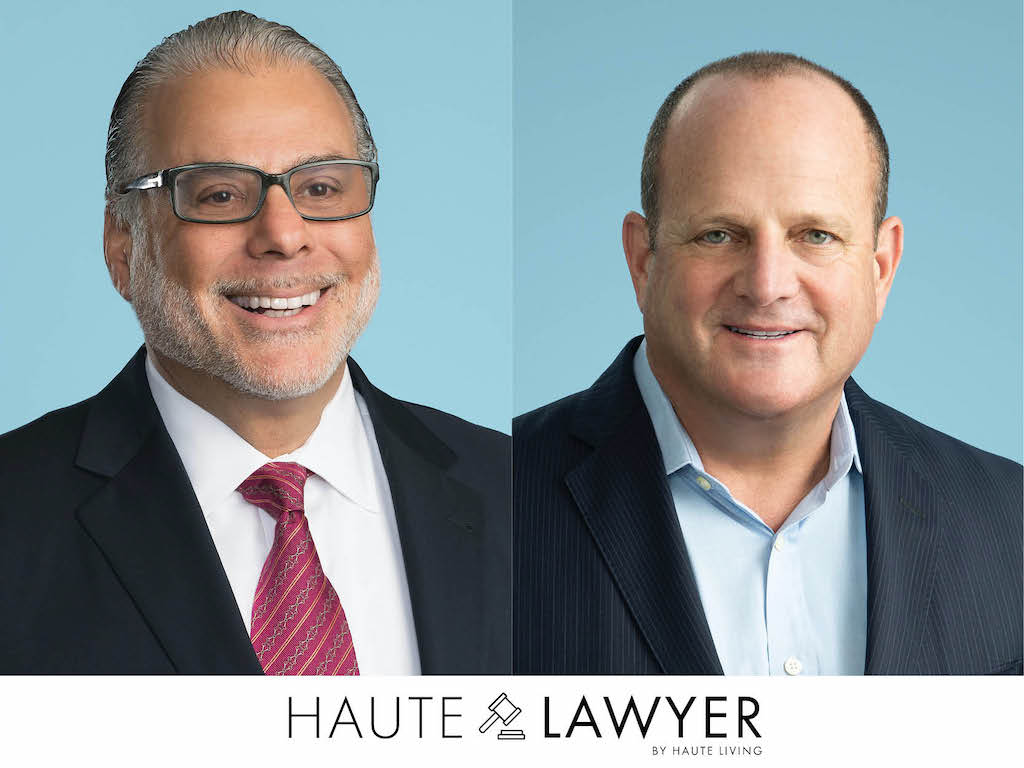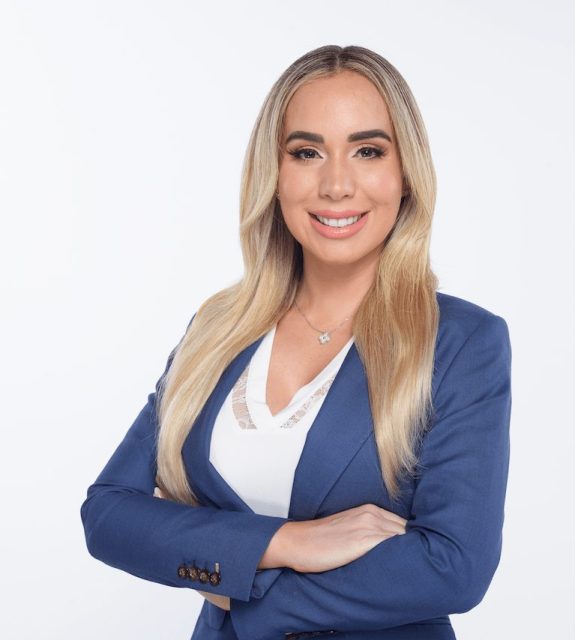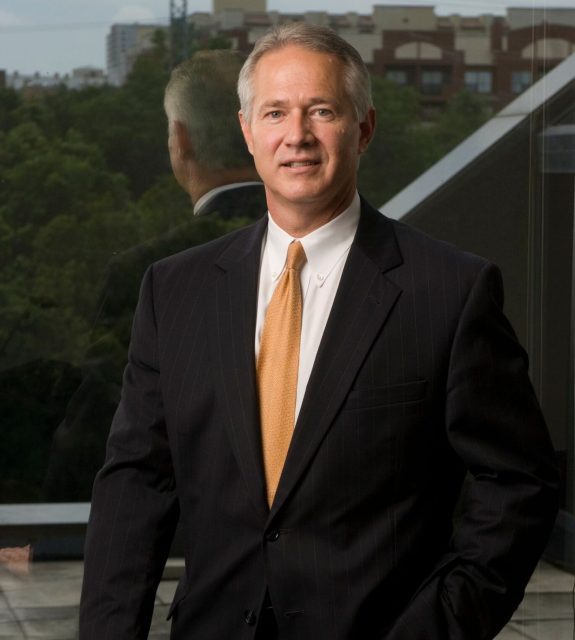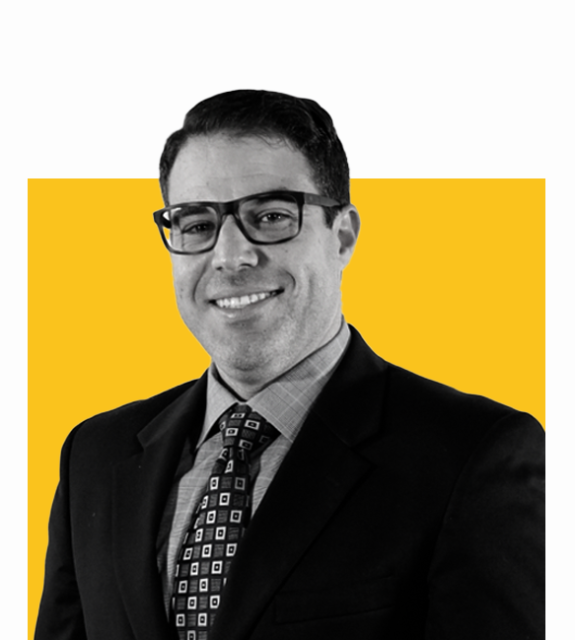Haute Lawyer welcomed attorneys Michael Kosnitzky and Keith J. Blum of Pillsbury Winthrop Shaw Pittman LLP for a live law webinar to discuss the process of opening and operating a family office in the new year.
Kosnitzky and Blum were hosted by Haute Living’s April Donelson and Haute Lawyer’s Kendall Fergusson.

Michael Kosnitzky is the co-chair of the Private Wealth Group at Pillsbury Winthrop Shaw Pittman LLP and also a returning panelist to the Haute Lawyer webinar series. Kosnitzky advises some of the world’s most well-respected individuals, families, and privately held businesses, using a holistic risk-assessment approach to the law. Kosnitzky has been recognized as a Trust and Estates Trailblazer by the National Law Journal for his focus on where IRS policy is going and not necessarily where it stands today.
Kosnitzky’s greatest takeaway from 2020 was resilience.”Resilience in our law firm, resilience with the people I deal with, resilience in my clients and my friends, and the ability to adapt to changed circumstances, whatever they might be.”
Keith J. Blum is a partner in Pillsbury’s Tax and Private Wealth Groups. He advises corporate and ultra-high- and high-net-worth individuals and families in international and domestic tax transactions, investments, and planning matters. Blum’s practice regularly includes structuring and negotiating complex taxable and tax-free mergers and acquisitions, business organizations and operations, restructurings, equity, and debt financings, fund formations, operations and transactions, joint ventures, and other strategic alliances.
Blum, a leading voice in family offices, talked extensively about the organization and planning of a family office during the webinar.
Kosnitzky and Blum touched on the basics of building a family office, their main goal as a firm, taxes, estate planning, and more for their ultra-wealthy clientele.
Highlight questions from the webinar:
How is family office planning different from other legal services?
Michael Kosnitzky: Well, it doesn’t differ that much. We take a holistic approach to the wealthy. Our approach is that we view the wealthy as a distinct practice area, and we draw on our attorneys’ various skill sets. So, we typically review a client situation upfront and our main focus is to reduce overall risk. Risk comes in different ways. There are tax risks and within taxes, there are income tax risks and within income taxes, there are state and federal taxes and there are also estate tax risks, gift, and generation-skipping tax risks. These are all risks that we try to minimize exposure to and help enhance the value of the family office. So that’s our primary function as lawyers, to reduce risk and we draw on different aspects of the firm to do that. And what we ultimately do depends on what’s already there and we don’t know until we come in and analyze what’s been done.
Without giving too much away, what assets do you usually manage legally for clients?
Michael Kosnitzky: It depends. For some, we manage nothing. They have everything done internally or they assign it to third party arrangements. There are various functions we can manage though if people want us to. It’s not the mainstay though, as we’re lawyers first, but we manage artwork, wineries, wine collecting, any type of collectibles, racing teams, and aircraft; making sure that our clients are able to maximize tax deductions and so forth. So it depends again on the circumstance, but we do it all there. It’s one-stop shopping for us, again, a holistic approach so their businesses, investments, and personal things can be managed properly and measured properly. If you can’t measure it, you can’t manage it. So we assist in those aspects, working hand in glove with a client’s existing accounting firms.
How did you adapt to clients’ needs in 2020?
Michael Kosnitzky: We made ourselves available. We responded faster, no one out-hustled us, and anytime we were brought into a situation where there was a need for people to jump in quickly, we did. We adapted to the environment we were in. We did what we normally do, except we did it better, quicker, and more efficiently. Our business is never a nine to five or a five-day workweek, we have to be available 24/7. And in 2020 what clients needed was someone to be available to them, to give them calm cogent advice, and not to play off anybody’s hysteria. And what we do in this little practice area is not just technical, a lot of it is very much understanding the client. It’s not just giving the optimal tax planning advice, because if you give that it may not satisfy the long term goals or their wishes. So you have to blend those things and give them options. And that’s what we try to do, we try to inform our clients and be available to them. I think we did a pretty darn good job during 2020 and we tend to do an even better job during 2021.
How are you applying changes in the legal landscape as a new administration was sworn in this week?
Michael Kosnitzky: I think the last time we spoke, I spoke about the “Cusp of Change,” and I talked about what could happen. We haven’t seen the results of that yet; they haven’t percolated through yet, but good planning dictated dealing with this months ago, not now. There still is time, perhaps other tax changes can be retroactive or not, but we’re assuming that rates are going to go up. Eventually, someone’s going to have to pay for it, and whether or not your philosophy is wealth redistribution and to more normalize extremes in wealth, or your philosophy is just to pay off deficits, they’ve got to be paid from somewhere. And that likely will be from the ultra-wealthy. So we have to predict and plan for how this is going to occur.
To watch more law webinars curated by Haute Lawyer, visit www.hauteliving.com/hautelawyer.
























